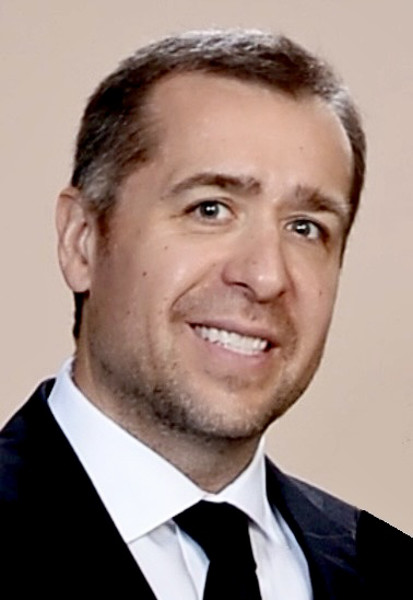
Paul Branscum, Ph.D., is a Professor of Public Health in the Department of Kinesiology, Nutrition & Health. Branscum is a registered dietitian by initial training, earning his B.S. in Human Nutrition (2005) and M.S. in Nutrition (2008) at The Ohio State University. He then earned his Ph.D. in Health Promotion & Education from the University of Cincinnati in 2011. He has designed and taught a variety of courses in health behavior theory and public health program planning & evaluation at both the undergraduate and graduate levels. He has designed and evaluated several school-based and after-school childhood obesity prevention programs, in association with such organizations as The Columbus Foundation; the YMCA of the Greater Columbus area; the United Way; Action for Healthy Kids; the Princeton City Schools in Cincinnati, Ohio; the Nationwide Children’s Hospital in Columbus, Ohio; the Community After School Program in Norman, Oklahoma; the Coalition for a Healthy Community-Oxford Area, Ohio; and the Talawanda School District, in Oxford, Ohio. Branscum has published over 110 peer-reviewed journal articles, and his main research focus has been in the area of nutrition and childhood obesity prevention; specifically, predicting and changing obesogenic health behaviors among children, parents and young adults. Health behaviors he has studied includes: snacking behaviors, physical activity, sedentary behaviors, sleep, and parental monitoring behaviors centered around sugar sweetened beverage consumption and fruit and vegetable intake. Additionally, his research focuses on planning, implementing and evaluating innovative theory-based obesity prevention programs. He is also interested in the area of Health Literacy (specifically digital health literacy) and uses quantitative and qualitative methods to understand how individuals search for, and find, health related information on the Internet. Currently, his research focuses on methods to better operationalize psychosocial constructs used in theories of behavior change (i.e. perceived norms, and perceived behavioral control/self-efficacy), to be better able to evaluate them in research and in practice. Branscum has also served the profession in many ways. He has served as the Senior Co-Chair of the Theories and Techniques of Behavior Change special interest group of the Society for Behavioral Medicine (SBM). He is also currently the Editor in Chief of Health Behavior Research, the official journal of the American Academy of Health Behavior. Among the awards he has received, he has been named Fellow to both the American Academy of Health Behavior and the Society of Behavioral Medicine.
Branscum currently works as an Affiliate Professor in the Office of Assessment and Evaluation (OAE) in the Myaamia Center. He was invited to work with the team in 2021 when they were preparing for a project to evaluate Nahi Meehtoseeniwinki among the citizen of the Miami Tribe of Oklahoma. Work for this project is underway, and since starting he has become more involved with the other assessments performed by the OAE.